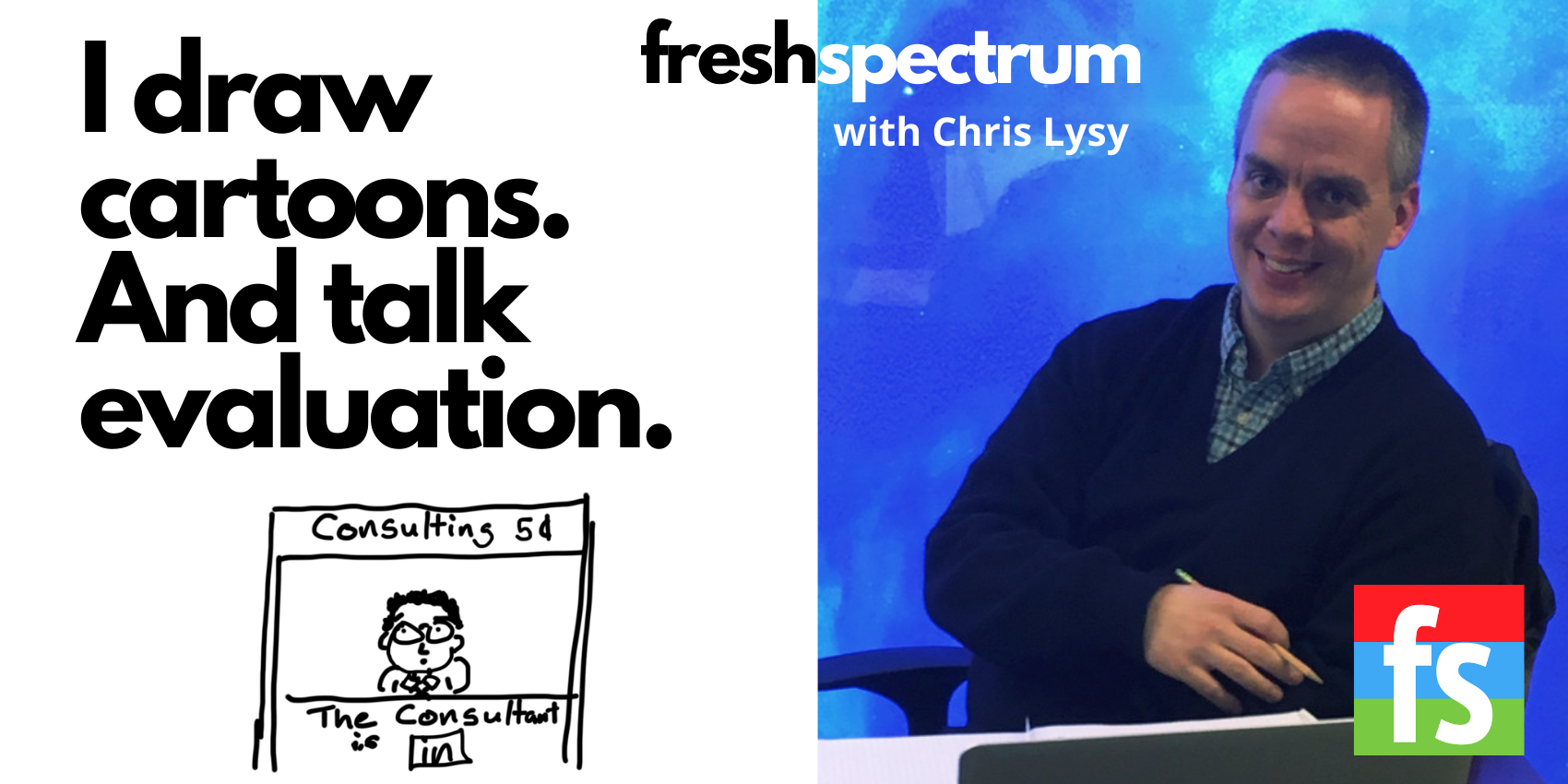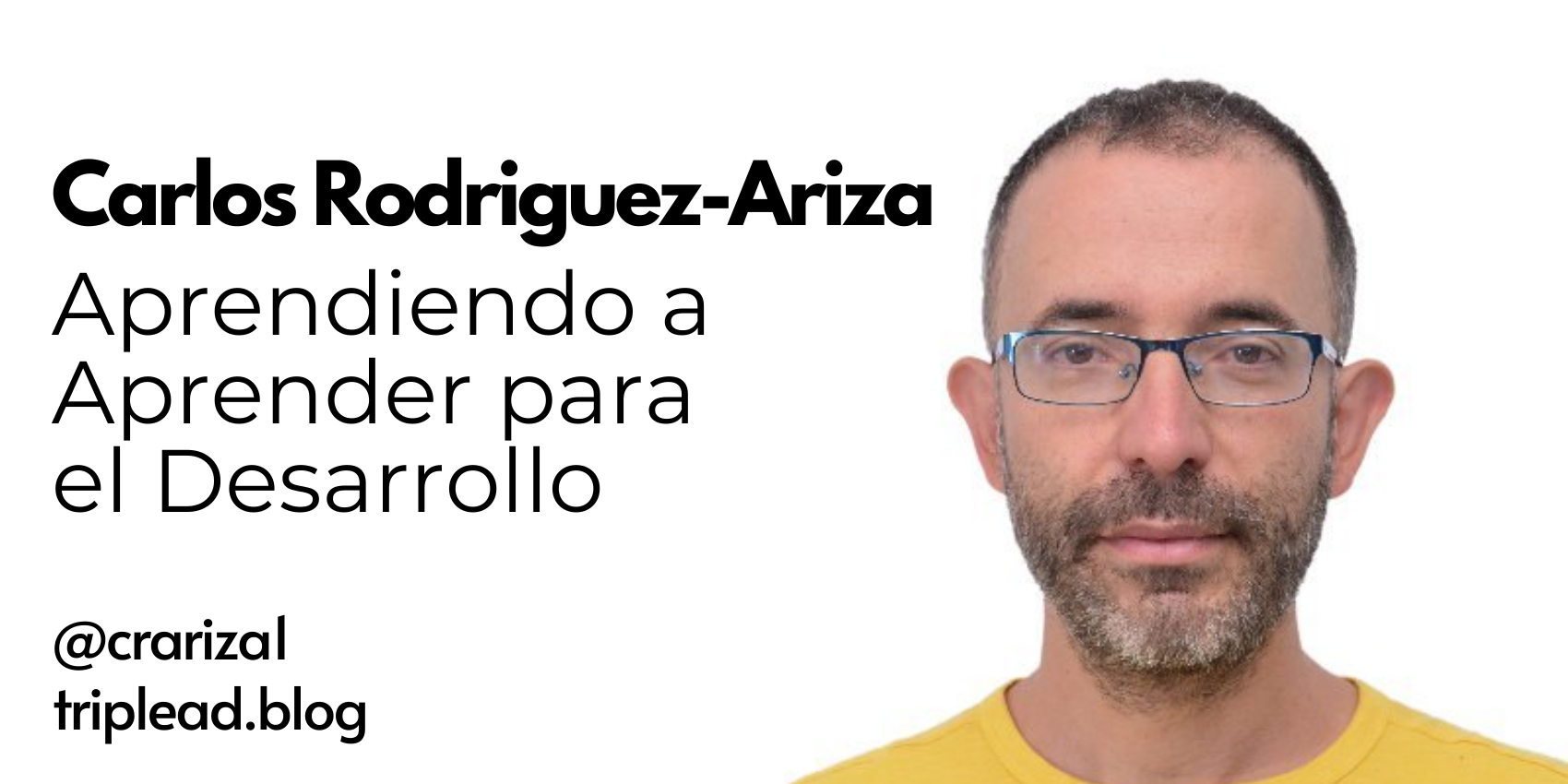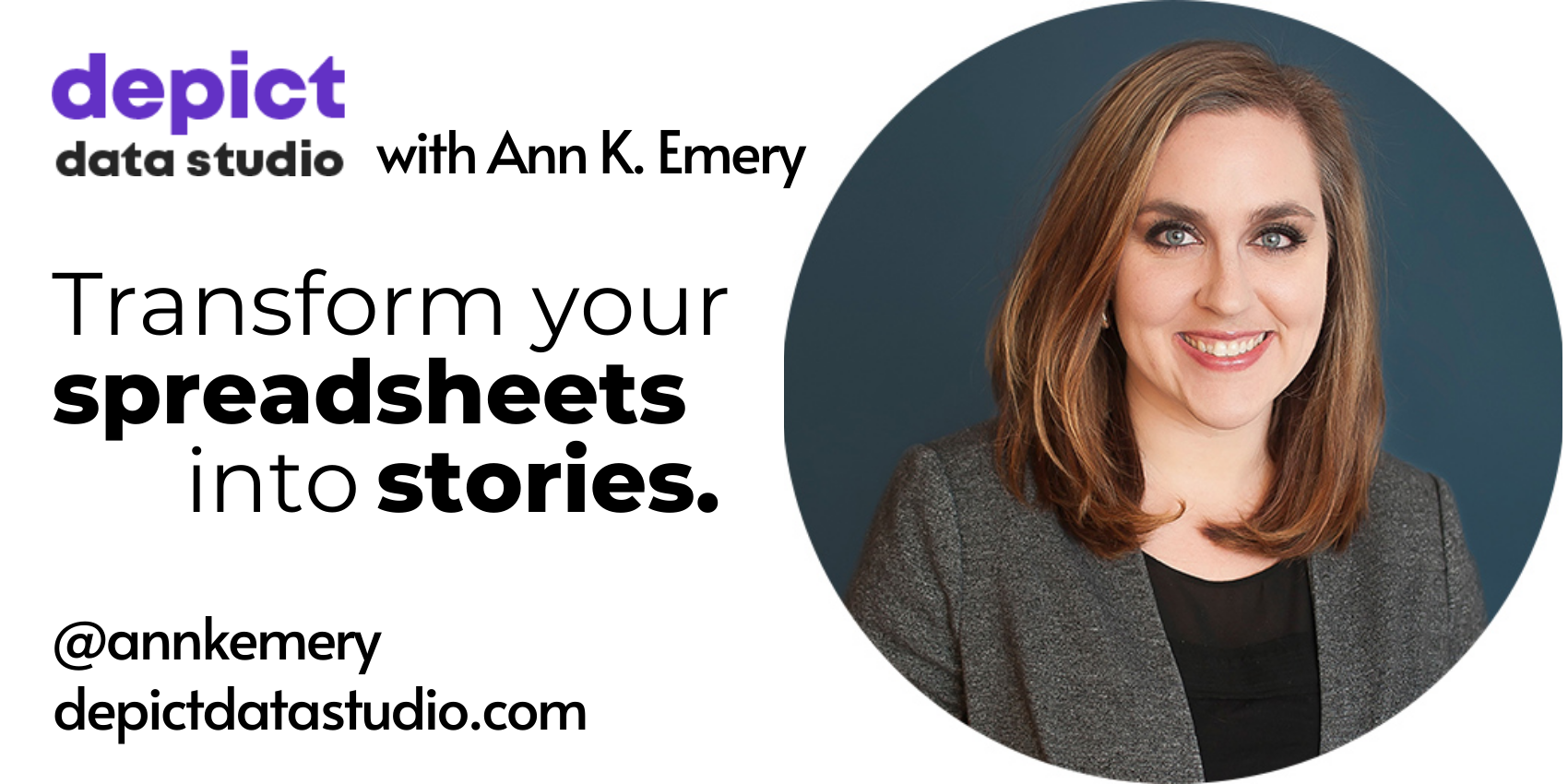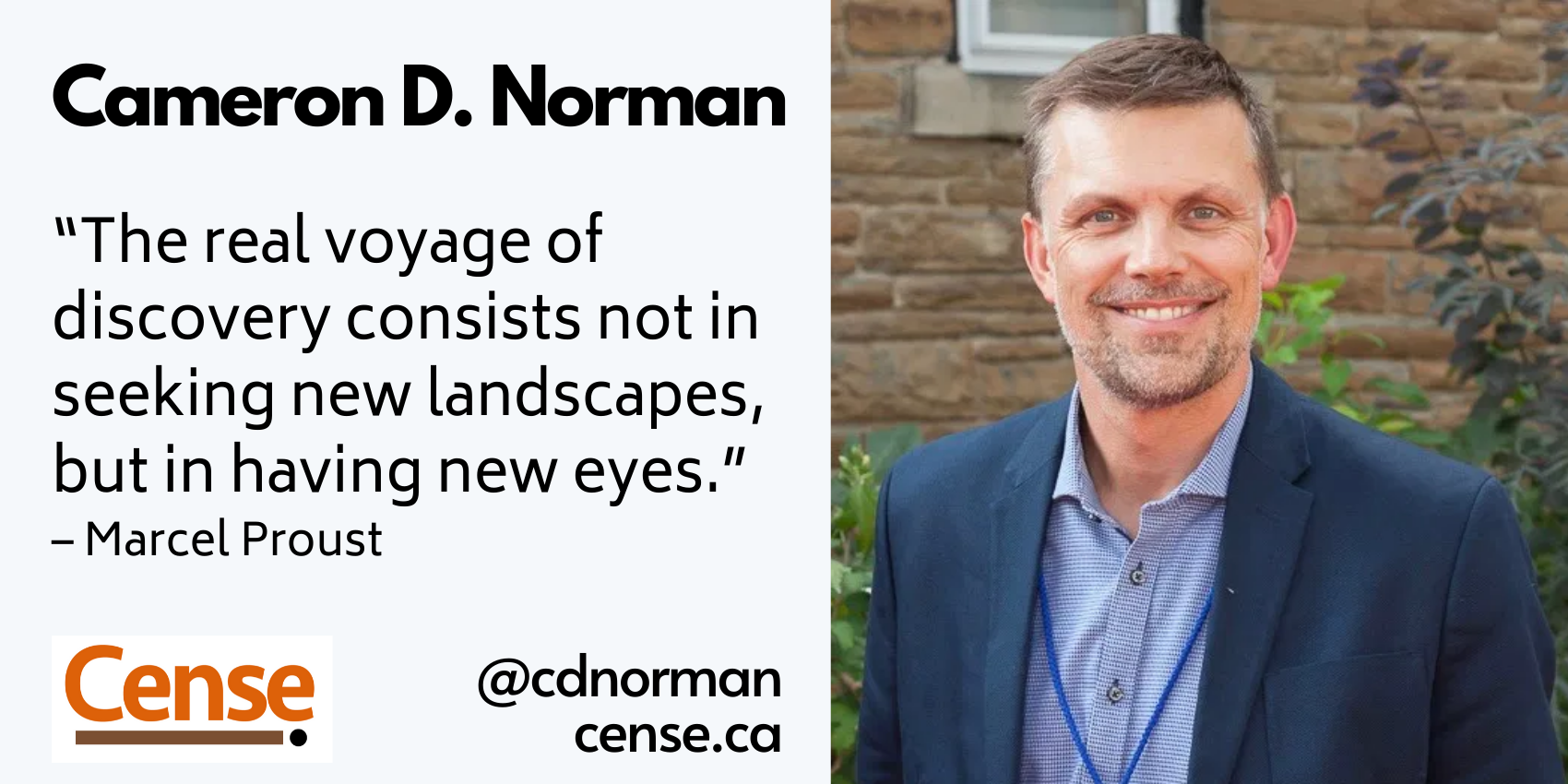This is an Eval Central archive copy, find the original at evalacademy.com. This series of posts walks you through how to reno your evaluation reports using six of Canva’s design lessons. Part 1 focused on how to take your audience on a journey using storytelling techniques. Part 2 in this six-part series focuses on […]
Evaluation is a dangerous profession.
This is an Eval Central archive copy, find the original at freshspectrum.com. Evaluation is a dangerous profession. Not dangerous as in it requires hard hats or tethers. But dangerous in that it questions realities most would rather ignore. Traditions that are so deeply entrenched within organizational structures that merely hinting at their instability can lead […]
Ask Nicole: My Best & Worst Client Experiences
This is an Eval Central archive copy, find the original at nicoleclarkconsulting.com. Have a question you’d like to be featured? Let me know. As we head closer to the end of 2020, I’m starting to think about where I want my business to go and who I want to be, have, and experience in 2021. […]
Aprendizaje social: por observación
This is an Eval Central archive copy, find the original at triplead.blog. Fuente: https://valuexperience.com/los-beneficios-del-aprendizaje-social/ Dentro del Aprendizaje por observación, una de las teorías más influyentes del aprendizaje es la Teoría del Aprendizaje Social (TAS) formulada por Albert Bandura: La TAS se basa en que hay tipos de aprendizaje donde el refuerzo directo no es el principal mecanismo de enseñanza, sino […]
What’s Missing from Your Organization’s Social Media Posts?
This is an Eval Central archive copy, find the original at depictdatastudio.com. Today’s article comes from Amelia Kohm, the founder of Data Viz for Nonprofits. Thanks for these practical dataviz tips, Amelia! — Ann What’s missing? Charts, maps, graphs and other data visualizations. When I peruse posts from organizations and businesses, I mostly see: Grainy, […]
Perspective Taking: The Power of Ten
This is an Eval Central archive copy, find the original at cense.ca. Great innovators often see problems or solutions that others miss. This is as much about perception as it is anything else. To illustrate the power of perception, consider the famous perceptual illusion below which profiles a young girl and an old woman (or […]
Survey Fails … and How to Recover from Them
This is an Eval Central archive copy, find the original at engagewithdata.com. Sometimes you launch a survey, and you’re blown away by the number of responses you get. And sometimes, you’re not. I had one of these moments last week. I was SUPER excited to try something new with my blog and launch a survey […]
La evaluación busca responsabilidad
This is an Eval Central archive copy, find the original at triplead.blog. Fuente: https://revitalizationpartners.com/in-our-experience/a-culture-of-personal-accountability/ Retomando nuestro post anterior ¿Busca la evaluación culpables?, en el que indicamos que la evaluación busca reforzar la responsabilidad (rendición de cuentas) y no tanto busca culpables: en un sentido amplio ya hemos hablado de lo que se entiende por rendición de […]
¿Busca la evaluación culpables?Borrador automático
This is an Eval Central archive copy, find the original at triplead.blog. Fuente: http://facilitationprocess.com/the-critical-need-for-program-accountability-evaluation/ En el artículo “Evaluar ahora, y no cuando ya sea tarde“ Cristina Monge indicaba que “adolecemos de una falta de cultura de evaluación en el conjunto de las administraciones públicas y en otras organizaciones privadas que resulta todo un hándicap para […]
Evaluation Roundup – September 2020
This is an Eval Central archive copy, find the original at evalacademy.com. Welcome to our September roundup of new and noteworthy evaluation news and resources – here is the latest. Have something you’d like to see here? Tweet us @EvalAcademy or connect on LinkedIn! Virtual conference resources Conference season is upon us! Ordinarily most […]






